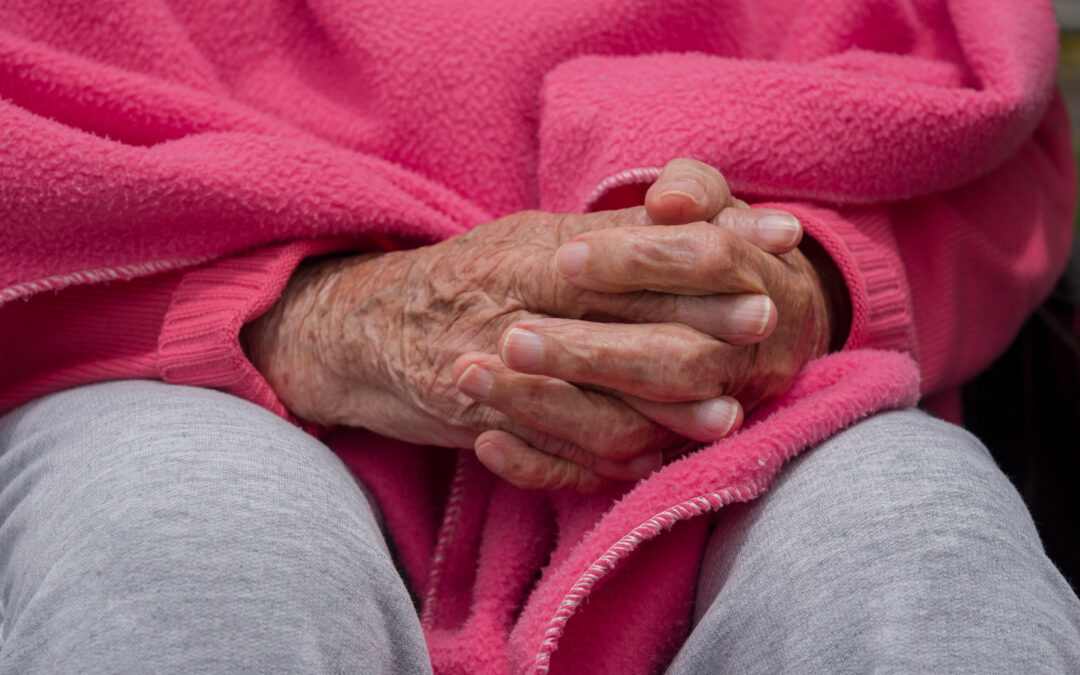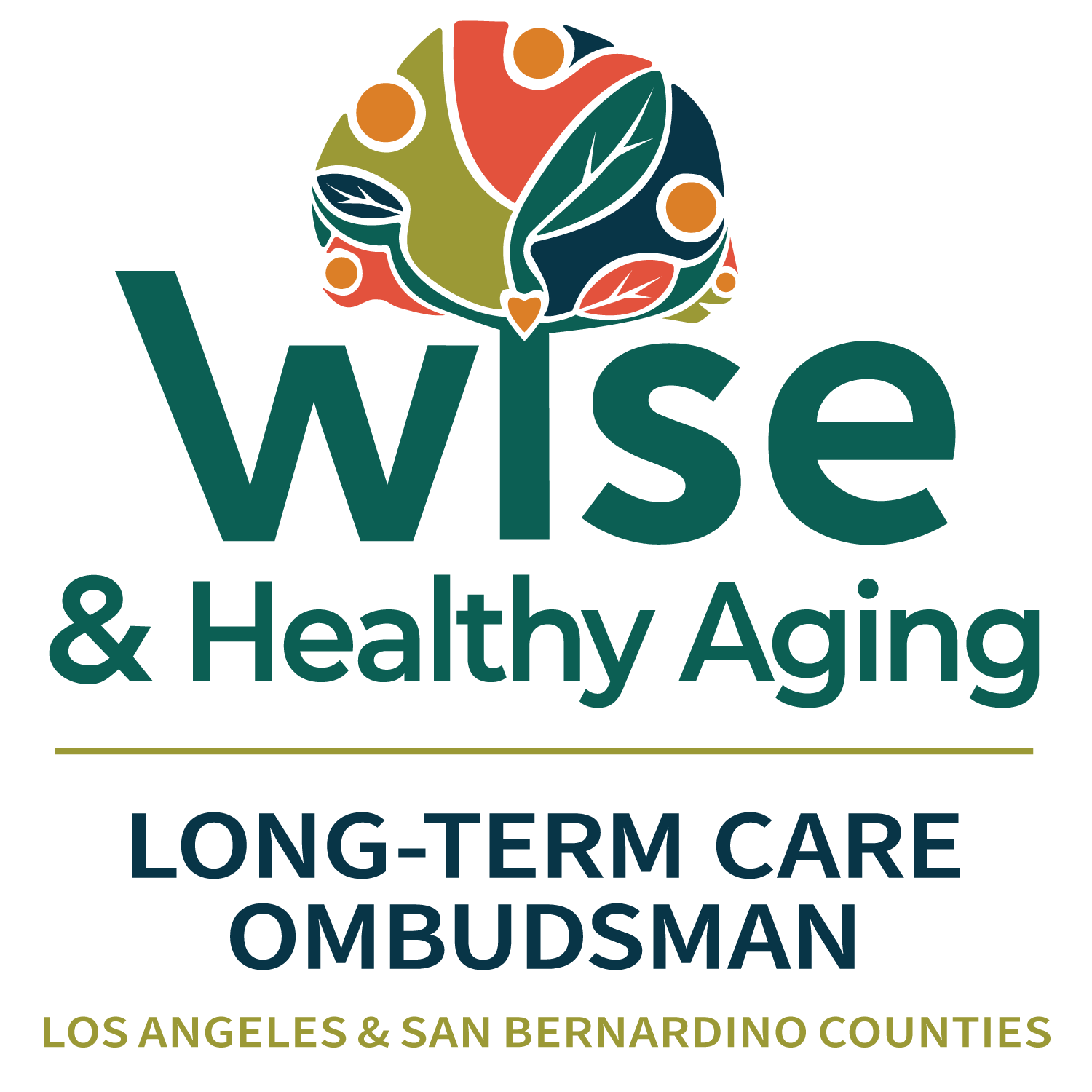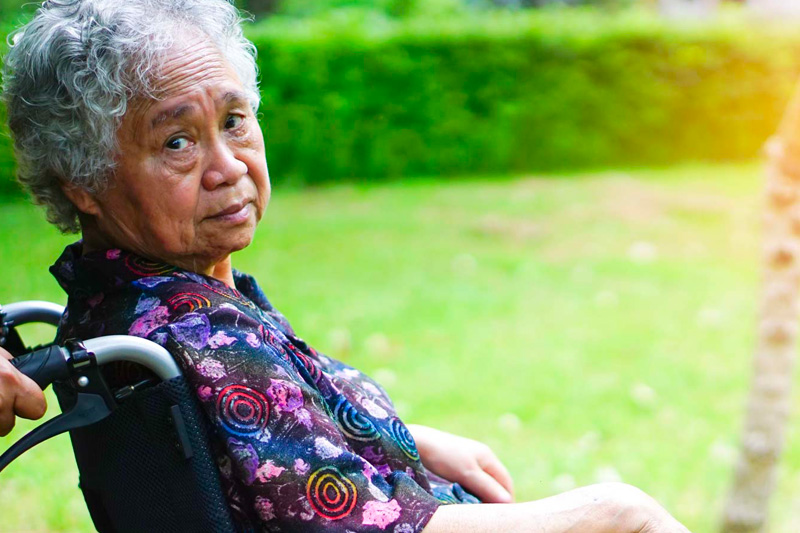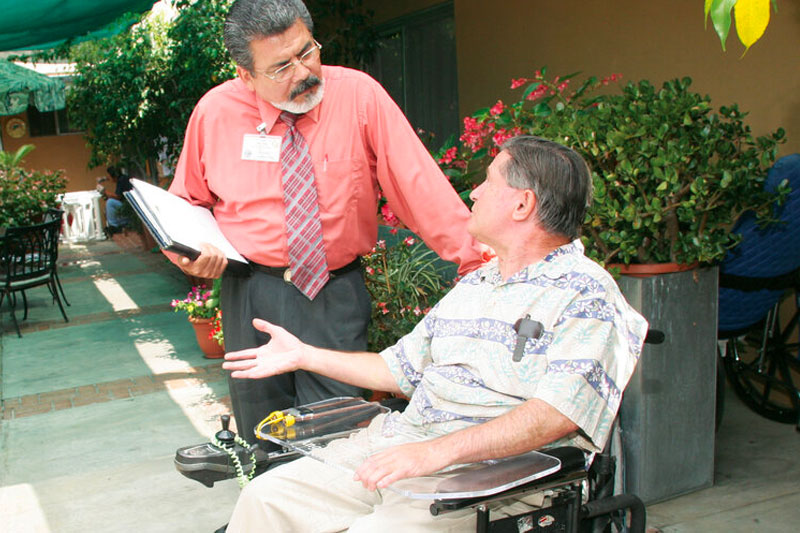The Long-Term Care Ombudsman Program advocates for the nearly 12,000 seniors and adults with disabilities living in more than 2,129 long-term care facilities throughout Los Angeles and San Bernardino Counties.
What We Do
Volunteer &
Internship Program
Advanced Health Care Directives
Mandated Reporting
Find Out the Right Facility For You


Ombudsman


Advocate

Ombudsman


Ombudsman

In The News

Nursing Home Evictions Disproportionately Impact the Poor
Every year, long-term care ombudsmen, who advocate for elderly and disabled residents of nursing homes and assisted living facilities receive thousands of complaints about discharges and transfers. Ombudsmen, whose work is federally mandated and federally and state-funded, receive more complaints about discharges and transfers than they do any other grievance. Often, when an elderly or disabled person is discharged against their wishes, it’s because they’re low-income an/or receiving assistance such as Medicaid.
“It’s an issue that we’ve seen over and over,” said Molly Davies, LCSW, President and CEO of WISE & Healthy Aging. “NBC did a story that WISE participated in a few years ago, that I think people should check out because it paints a vivid picture of the problem and the work that Ombudsmen do every day to help residents and their families exercise their rights to get the justice they deserve.”
Check out the story: Dumped: Nursing home evictions a reality for some poor patients (nbcnews.com)

How WISE & Healthy Aging Can Help
The Ombudsman Program is an advocacy group of trained professionals who help protect and ensure the quality of care of individuals living in long-term care facilities. Ombudsmen educate residents and their families about their rights in these facilities, help to resolve complaints, and address a variety of issues.
Complaints an Ombudsman Can Address:
• Staff are rough when providing care
• Staff are discourteous • Not getting mail or phone calls
• Questions about Medicare or Medi-Cal are not being answered
• Wrong medications are given or at the wrong time
• Nutrition and dietary concerns
• Heating or air conditioning problems
• Activities are boring, or the only activity is watching television
• Personal property is lost or stolen
• Slow response to call lights
• They have not seen a physician in months
• Hearing aids and/or eyeglasses are missing
• Residents’ rights are being ignored
• Lack of participation in the care plan
• Abuse and neglect
• Inappropriate unsafe transfers and discharges
• Issues with physical therapy
• Discrimination against residents in the LGBTQ community


